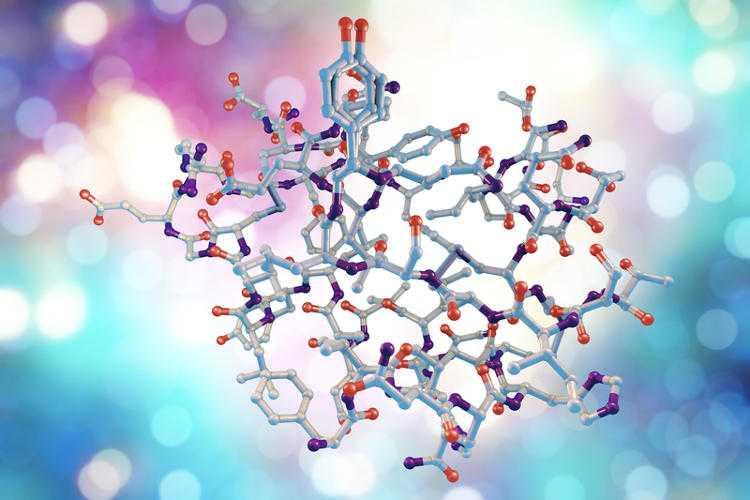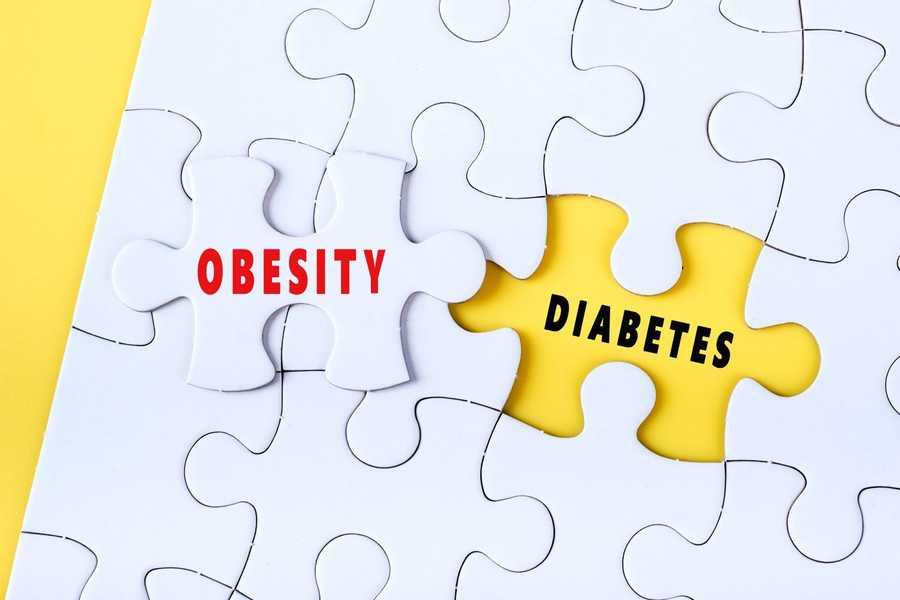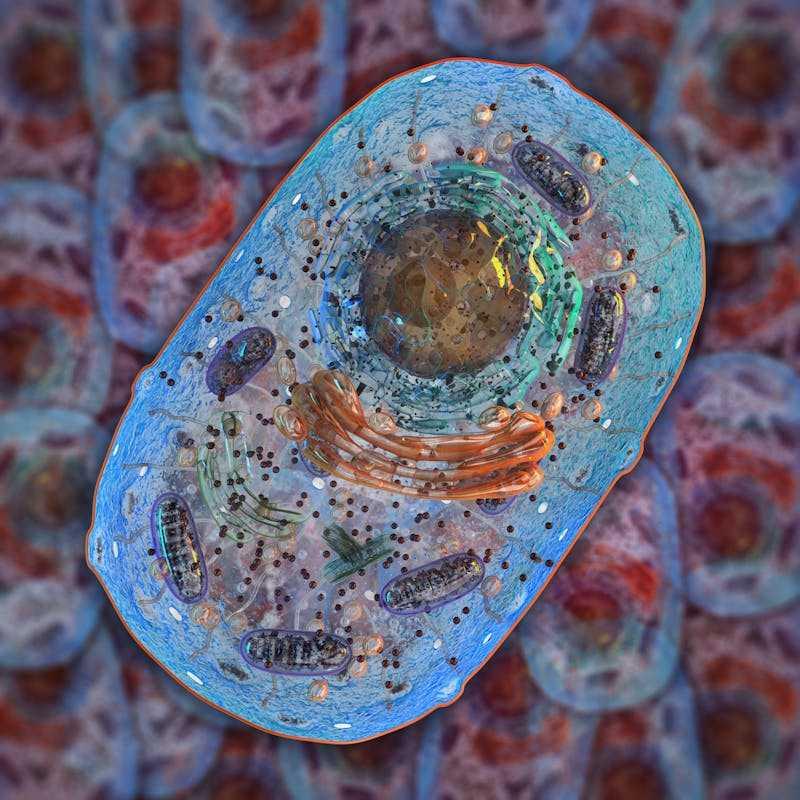Explore the World's Best Ideas
Join today and uncover 100+ curated journeys from 50+ topics. Unlock access to our mobile app with extensive features.
Fasting improves insulin sensitivity
When more food is available, the cells in the body become less sensitive to insulin. When the food supply is scarce, during fasting, the human body tries to conserve as much energy as possible and cell membranes more sensitive to insulin, metabolising it better.
103
1.03K reads
Insulin
Insulin is a hormone made by the pancreas that allows cells to extract glucose from the blood to use as energy. It helps keeps your blood sugar level from getting too high
86
814 reads
Fasting reverses chronic conditions
... like obesity & type 2 diabetes, both of which are risk factors for cancer. Studies have shown that fasting two to three times per week lowers weight and improves insulin tolerance.
95
832 reads
Fasting promotes autophagy
Autophagy is critical for maintaining proper cell function, and it also helps defend cells in the body. Autophagy plays an important role in preventing and treating cancer.
94
792 reads
Fasting improves quality of life during chemotherapy
Early studies are showing fasting may help reduce chemotherapy-related headaches and nausea, because it promotes cellular regeneration.
81
892 reads
IDEAS CURATED BY
Everly 's ideas are part of this journey:
Learn more about health with this collection
Different types of fasting
How fasting can improve your overall health
How to prepare for a fast
Related collections
Similar ideas
8 ideas
8 Health Benefits of Fasting, Backed by Science
healthline.com
6 ideas
Read & Learn
20x Faster
without
deepstash
with
deepstash
with
deepstash
Personalized microlearning
—
100+ Learning Journeys
—
Access to 200,000+ ideas
—
Access to the mobile app
—
Unlimited idea saving
—
—
Unlimited history
—
—
Unlimited listening to ideas
—
—
Downloading & offline access
—
—
Supercharge your mind with one idea per day
Enter your email and spend 1 minute every day to learn something new.
I agree to receive email updates



